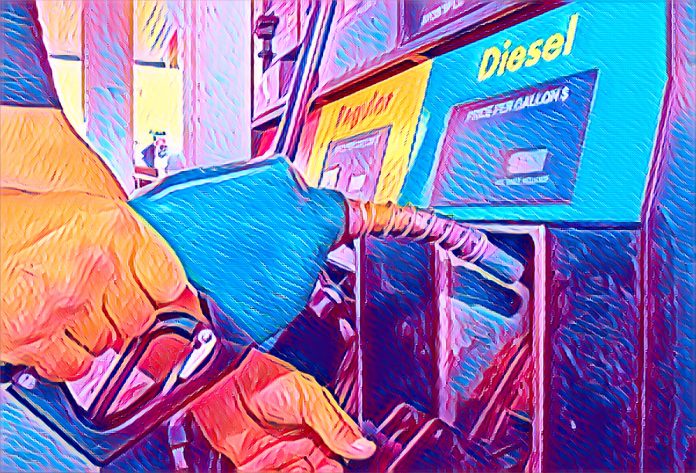Despite recent price cuts by Dangote Group, diesel prices in Nigeria have yet to see a significant decrease, leaving consumers puzzled and frustrated. The lack of substantial reduction in diesel prices raises questions about the factors influencing fuel costs and highlights the complexities of the country’s energy market.
Dangote Group, one of Nigeria’s largest conglomerates, announced price reductions for diesel and other petroleum products in response to global market trends and regulatory changes. However, these adjustments have not translated into noticeable savings for consumers at the pump, prompting concerns about the transparency and effectiveness of pricing mechanisms in the fuel sector.
The discrepancy between Dangote’s price cuts and the actual cost of diesel underscores the challenges facing Nigeria’s energy industry, including supply chain disruptions, taxation policies, and market dynamics. Despite efforts to promote competition and improve efficiency in the sector, consumers continue to grapple with high fuel prices, which impact transportation costs, industrial operations, and household budgets.
Analysts suggest that multiple factors contribute to the persistent high prices of diesel in Nigeria, including fluctuations in global oil prices, currency depreciation, and infrastructural limitations. Additionally, the influence of regulatory frameworks and government interventions further complicates the pricing landscape, making it difficult for market forces to fully determine fuel costs.
While consumers await tangible relief at the pump, stakeholders in the energy sector emphasize the need for holistic reforms to address systemic challenges and promote greater transparency and accountability. This includes initiatives to enhance domestic refining capacity, diversify energy sources, and streamline regulatory processes to foster a more competitive and resilient fuel market.
Despite the current challenges, there is optimism that concerted efforts by government, industry players, and civil society can lead to positive changes in the energy sector. By fostering collaboration and innovation, Nigeria has the potential to overcome its energy-related hurdles and build a more sustainable and inclusive economy for the future.
Source: Business Day



